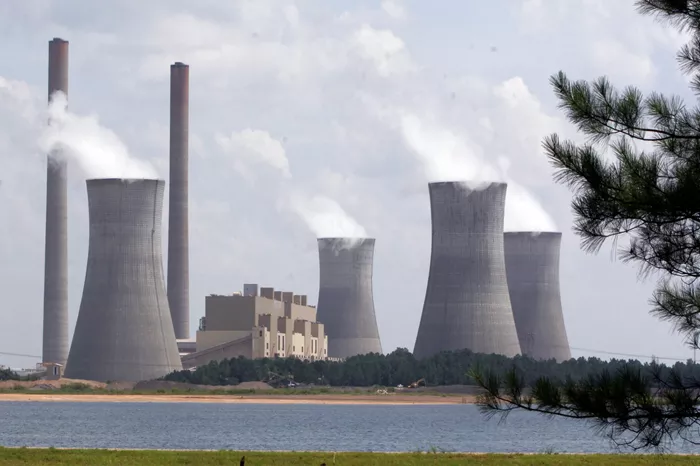In a landmark decision, the UK Supreme Court has mandated that the environmental impact of greenhouse gas emissions from fossil fuel projects must be considered when approving such developments. The ruling, issued on Thursday, marks a significant shift in environmental policy and sets a crucial precedent for future assessments of fossil fuel extraction projects.
The case was initiated by Sarah Finch, a campaigner challenging Surrey County Council’s decision to extend planning permission for an oil drilling project at Horse Hill. Finch argued that the council should have evaluated the downstream emissions from burning the extracted oil, in addition to the immediate impacts of the drilling site itself. These downstream emissions, known as “scope 3” emissions, were contested by the council, which claimed discretion over the scope of project assessments.
While lower courts initially dismissed Finch’s arguments, the Supreme Court majority agreed that combustion emissions are an integral part of a fossil fuel project’s overall environmental impact. They emphasized that the primary purpose of extracting fossil fuels is eventual combustion, which releases carbon dioxide into the atmosphere and contributes to global warming.
The court underscored that UK law on environmental impact assessments does not limit assessments to geographical impacts near the project site. It affirmed that all significant effects of a project, regardless of location or timing, must be thoroughly evaluated.
Campaigners hailed the ruling as a victory for climate action, suggesting it strengthens the case against approving projects with substantial climate impacts. Tessa Khan, a climate lawyer with Uplift, highlighted the implications for ongoing legal challenges against projects like the Rosebank and Jackdaw oil and gas fields in the North Sea.
The judgment also resonates with a lawsuit challenging the approval of a new coalmine in Whitehaven, Cumbria, emphasizing the need for rigorous consideration of downstream emissions in such decisions.
Responding to the ruling, Surrey County Council acknowledged the directive to consider downstream emissions in project evaluations and indicated that the Horse Hill project’s fate remains pending further assessment.
The Supreme Court’s decision is expected to influence future regulatory decisions on fossil fuel projects, potentially leading to stricter environmental standards and a more comprehensive approach to assessing climate impacts.
Related topics:
U.S. Crude and Fuel Inventories Decline According to EIA Report
5 Reasons Why Fuel Mixes With Engine Oil
Fossil Fuel Consumption Hits Record High Despite Renewable Energy Surge

